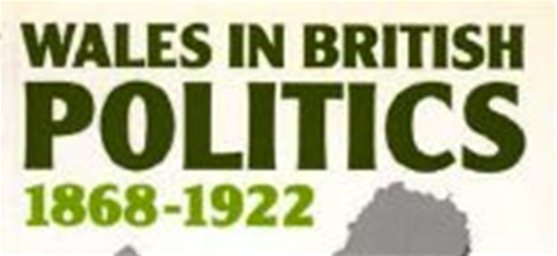In the first part of a series of blogs, Lord Morgan offers some fascinating insights from his years in politics and his experience of publishing with UWP.
I have been involved with the University of Wales Press for over half a century. They are a major reason why I received a lifetime achievement award from the All Party Parliamentary Group on Archives and History on 18 June 2014. This was Waterloo Day, and I chose the day for a purpose since it marked the 51st anniversary of the publication of my first major work, Wales in British Politics, 1868–1922, back in 1963. The omens were not good. I was in Lima, Peru at the time, on holiday with two friends, an Englishman and an American girl, and I took them to a Chinese restaurant downtown to celebrate, washing the meal down (not for long, alas!) with Peruvian champagne. The results were predictably terrible, and it was nearly our Waterloo as well with severe food poisoning. However, things, as they say, could only get better, and I returned home to Aberystwyth in September 1963 to discover that my book had received many nice reviews. Wales in British Politics has probably served to define my career as a professional historian ever since. It is indeed still in print. Recently I received a cheque for £7.50 to signify that the book, now in its third edition, had sold all of three copies in 2013–14. One was a miracle.
Apart from the Chinese meal, it was a marvellous introduction to Wales’s national university press. Its production, entailing much postage to me in my apartment in Manhattan’s Upper West Side, was brilliantly handled by its excellent editor, Lena Harries, later the mother of the famous television journalist, Guto Harri (a pupil of mine at Queen’s College, Oxford). The book was in fact my second book for the University of Wales Press since a short work, David Lloyd George: Welsh Radical as World Statesman, had already appeared earlier in 1963 to mark the centenary of the great man’s birth. Short though it was, even that work created an impact (so I gathered from my New York eyrie), since it was the first publication to give a favourable assessment of Wales’s one and only prime minister, at a time when his reputation, political and personal, was at a low ebb. Since then, the historians’ verdict (assisted by the opening up of his papers at the Beaverbrook Library just off Fleet Street), has moved decisively my way.


